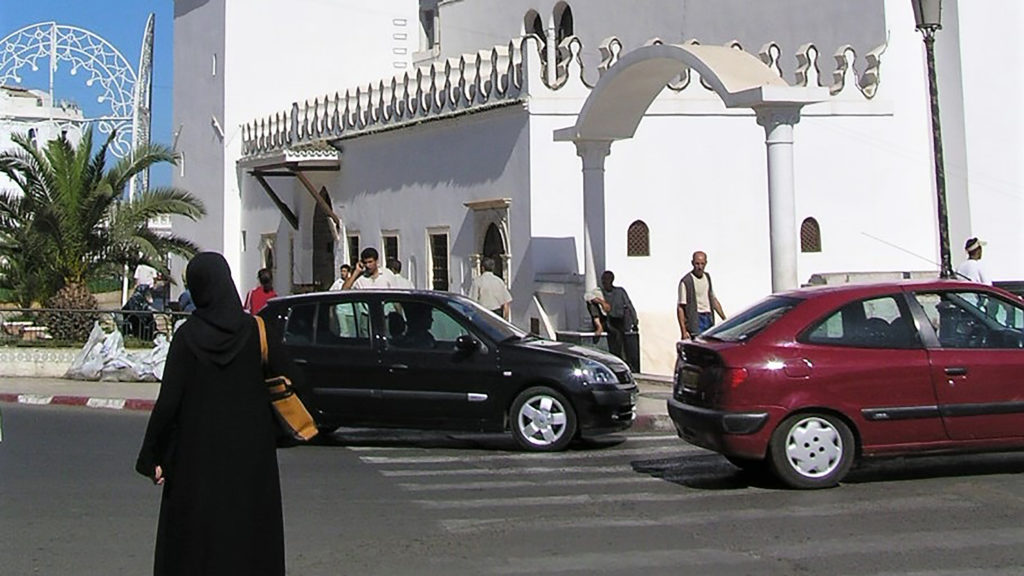Images of the Sept. 11 terrorist attacks on America are real, and children know that, according to professional counselors in Alabama. The key to helping them through this crisis is how parents approach the situation.
“I think the first thing is not to assume that they don’t know what’s going on,” said Rod Marshall, a counselor with the Alabama Baptist Children’s Homes (ABCH) in Birmingham.
Marshall said parents should ask their children what they have seen and what they think are the implications of the attacks. Jim Chinners, a counselor with the ABCH in Mobile, said, “I think we need to acknowledge their fear and show them how to deal with that.”
Marshall said it is all right to let children know their parents are scared and that they have cried at the loss of lives, that even President Bush cried.
But Jeff Jones, director of counseling services for Buckner Children and Family Services of North Texas, said parents should be cautious about expressing anger.
“As Christian adults, we will struggle with the feeling of desiring retribution,” Jones said. “As hard as it may be, God calls us to calm and forgiveness, and we’re to strive to be like Him.”
Marshall said parents should also reassure their children that they are committed to keeping them safe. During the next few weeks, he said parents should make sure children know if they plan to come home late or phone if unexpected delays occur.
“I think it’s important for parents to let their children know what their schedule is,” Marshall said.
It is important for parents to “tell your child the truth,” according to Helen Harris and Diana Garland of Baylor University’s School of Social Work.
Harris and Garland said parents should tell their children, “This is scary because it could happen to anyone. But we believe it will not happen here. And you need to know that if it were to happen here, we would get through it together as a family. God is with people there who are hurting. And God is with us. God says we will never be alone, even in the scariest of times.”
The aftermath of the tragedy also makes it more appropriate for family time.
“It’s appropriate to hug, tickle, wrestle and saturate the child with a loving touch,” Marshall said.
Writing letters to rescue workers, survivors and family members in New York City and Washington are another way children can share their emotions. Cecilia Raley, a counselor with ABCH in Dothan, said drawings that can be displayed in their homes or mailed can also help.
“Whether it gets delivered is not important; it’s the feeling that they’ve done something,” she said. “It’s the idea that they’ve expressed their feelings in writing or artwork.”
Marshall said tragedy can offer parents an opportunity to teach their children what it means to be a Christian.
“I think this is a unique time to share your faith with them,” he said.
Marshall said parents should teach their children to pray by having them pray for the victims of the attacks, their families, President Bush and America. He said parents should also emphasize that Christians are commanded to love their enemies.
Amy Branch-Lambert, a pastoral-care consultant with the Baptist General Convention of Texas Counseling and Psychological Services, said conversations between parents and their children should address how their faith sustains them.
“Let them know that we depend on God for our peace when the world around us is not at peace,” she said. (ABP contributed)





Share with others: